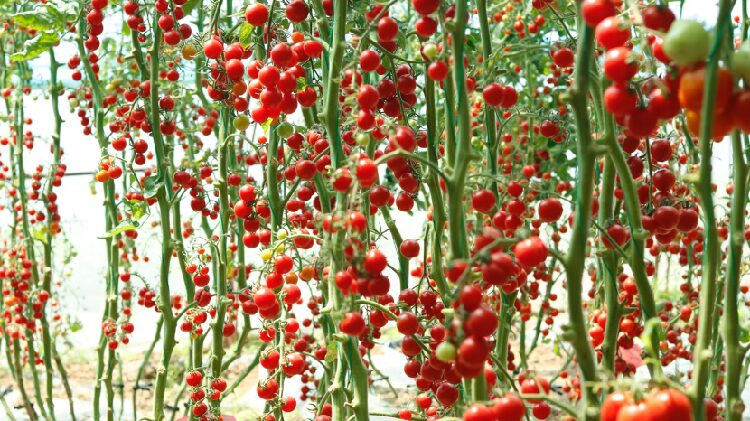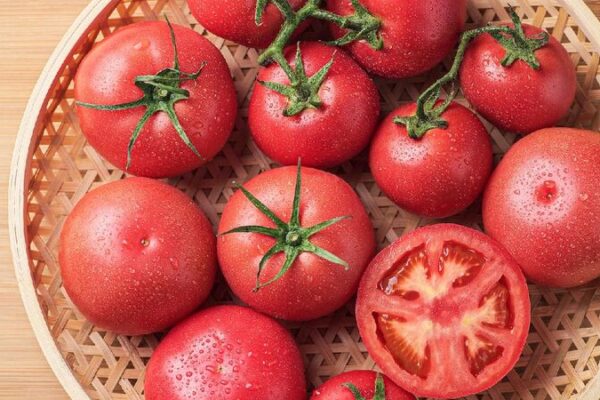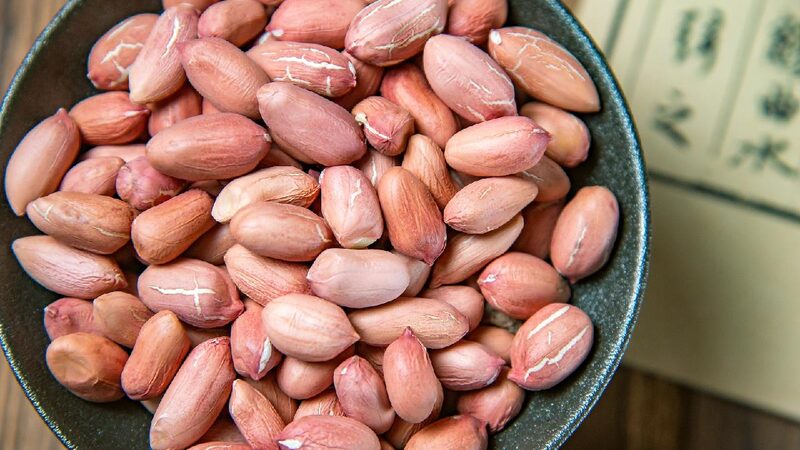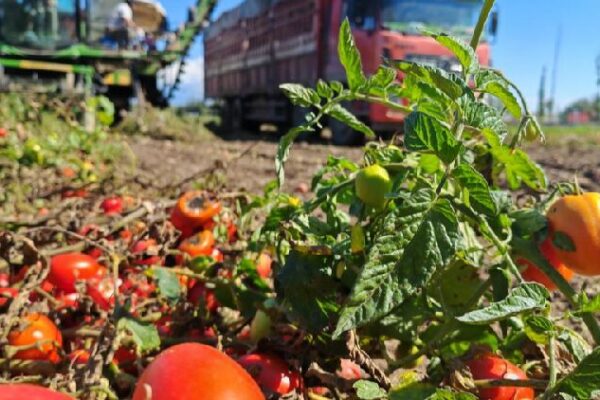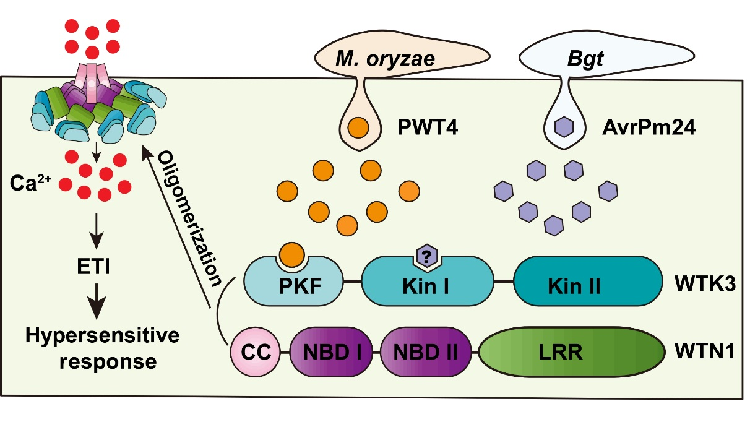As global temperatures continue to soar, one of the biggest challenges facing agriculture is how to keep our crops thriving under heat stress. Now, scientists from the Chinese Academy of Sciences have made a breakthrough discovery that could help secure food supplies in our warming world.
A team led by Professor Xu Cao at the Institute of Genetics and Developmental Biology has uncovered how tomato plants adapt to extreme heat to stabilize their yields. Their findings, published in Developmental Cell, reveal a clever strategy that tomatoes use to beat the heat and may pave the way for developing heat-resilient crops.
So, what’s the secret? It all comes down to tiny stem cells in the shoot apical meristem (SAM) — the plant’s growth tip. Under normal conditions, these stem cells help the plant grow leaves and branches. But when the heat is on, things get interesting.
Heat stress causes the build-up of reactive oxygen species (ROS) in the plant. This isn’t as bad as it sounds! In tomatoes, ROS prompts a floral repressor called terminating flower (TMF) to change its form. This change makes TMF extend its job of keeping the plant from flowering too soon.
By delaying flowering, the tomato plant stays in a vegetative state longer, effectively going into a “pause mode” until the heat subsides. Once cooler temperatures return, the plant resumes normal development, ensuring it can produce fruits without the risk of heat damage.
This adaptive strategy has impressive results. The study showed that this heat-triggered delay can prevent between 34% to 63% of potential yield losses in the first fruit cluster. That’s a significant boost for farmers facing unpredictable weather patterns due to climate change.
Professor Xu’s team believes that understanding this natural survival tactic could be key to breeding new crop varieties that can withstand extreme weather. “Our findings offer a new way to develop climate-smart crops with stable yields,” the researchers stated.
As climate change continues to impact agriculture worldwide, innovations like this could be crucial in ensuring food security for future generations.
Reference(s):
Chinese scientists reveal how tomatoes beat heat, stabilize yields
cgtn.com
